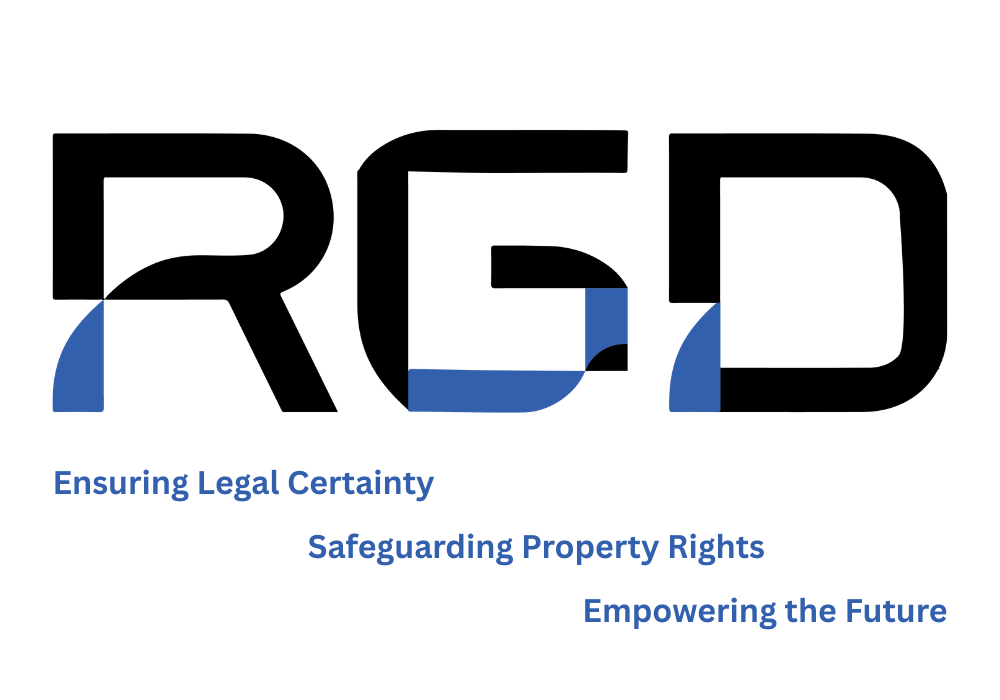- Home
- Services
- About Us
Service Information
- Legislations
- Forms & Guides
- FAQs
- Contact
- Home
- Services
- About Us
Service Information
- Legislations
- Forms & Guides
- FAQs
- Contact
Access a range of secure online services for document registration, vehicle transfers, eVouchers, and property searches.

The Registrar-General’s Department (RGD) which operates under the aegis of the Ministry of Finance (MOF) is the central agency for maintaining a repository of all documents that are registered including those pertaining to immovable property and movable property transactions.
The principal objective of the Department is to register particulars of events accurately and without prejudice, to collect duties for the different transactions, to make the documents available for delivery and to give timely and accurate publicity to the records.
Stay informed with the latest communiqués, announcements, and important updates from the Registrar-General’s Department.
The Registrar-General’s Department ensures the secure registration of deeds, titles, and encumbrances, preserving the integrity of property ownership and transactions nationwide.






We value your feedback and enquiries. Reach out to us for assistance or information on any of our services.

6th Floor, Emmanuel Anquetil Building, Sir S. Ramgoolam Street, Port Louis, Mauritius

(+230) 201 1859
(+230) 201 1860
(+230) 201 1861

Monday – Friday: 8.45 AM – 16:00 PM
Weekend: Closed